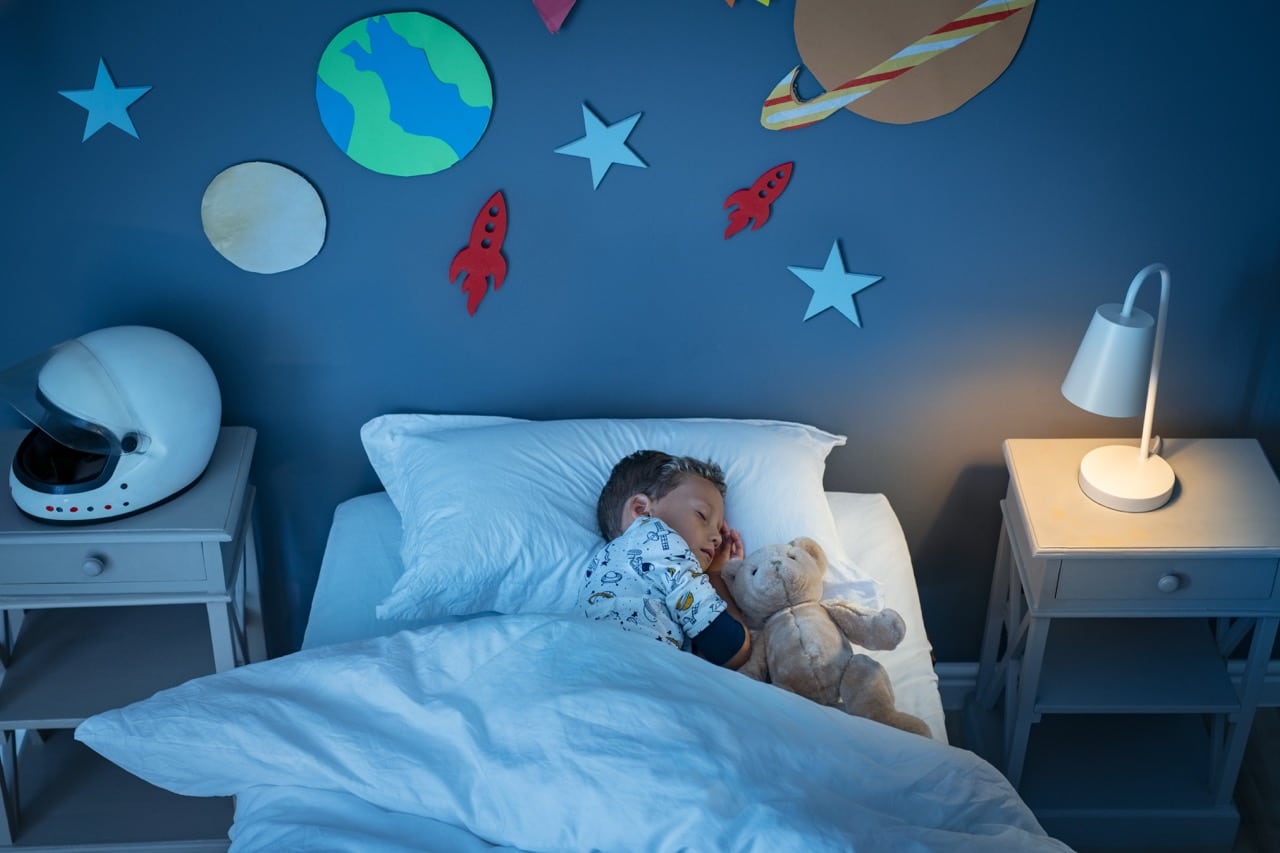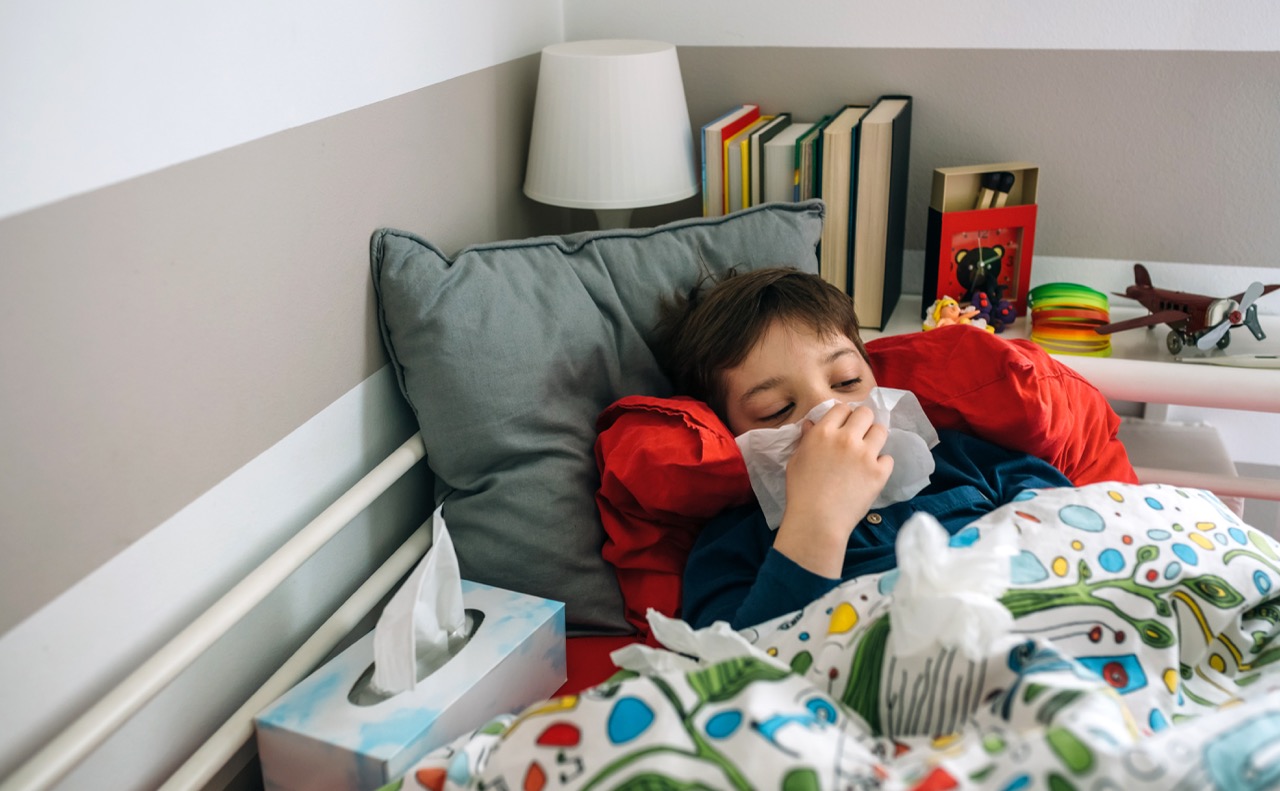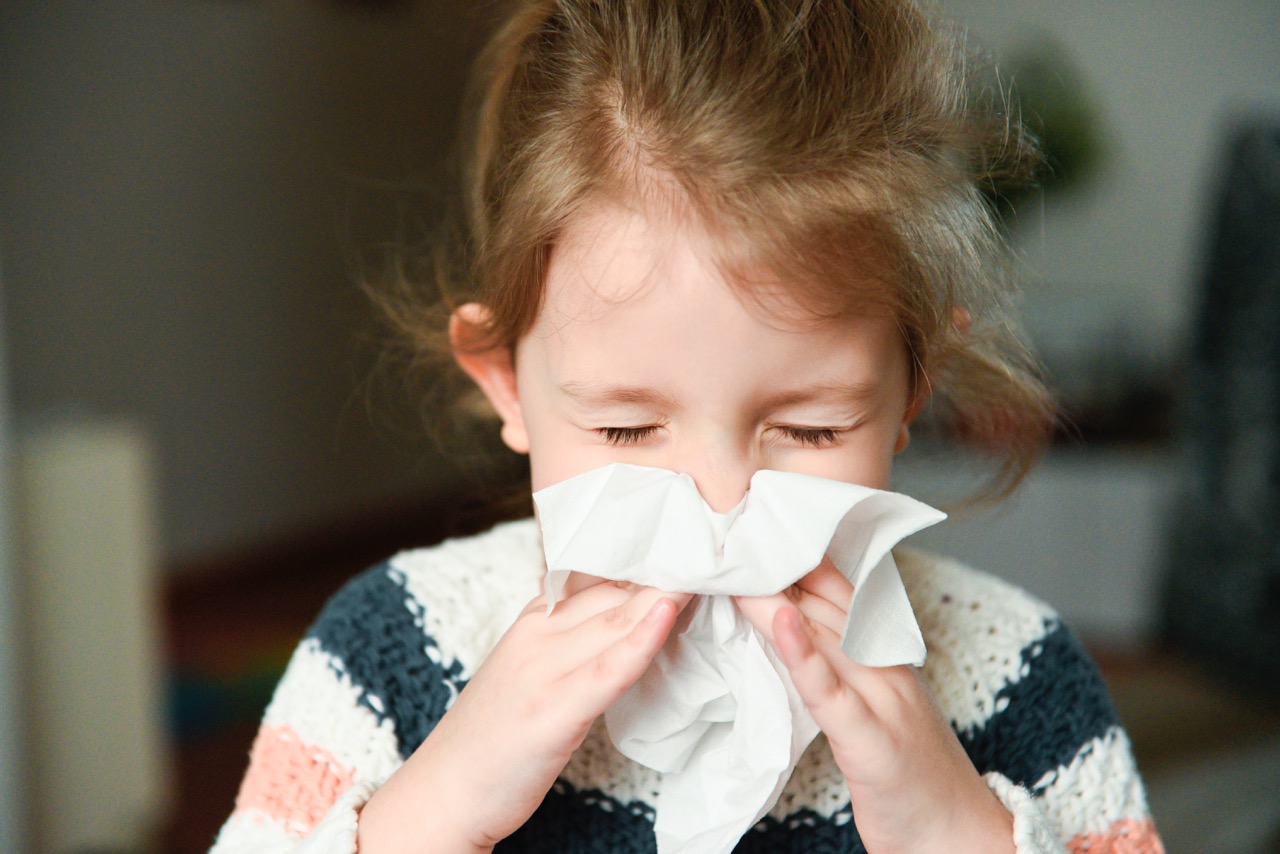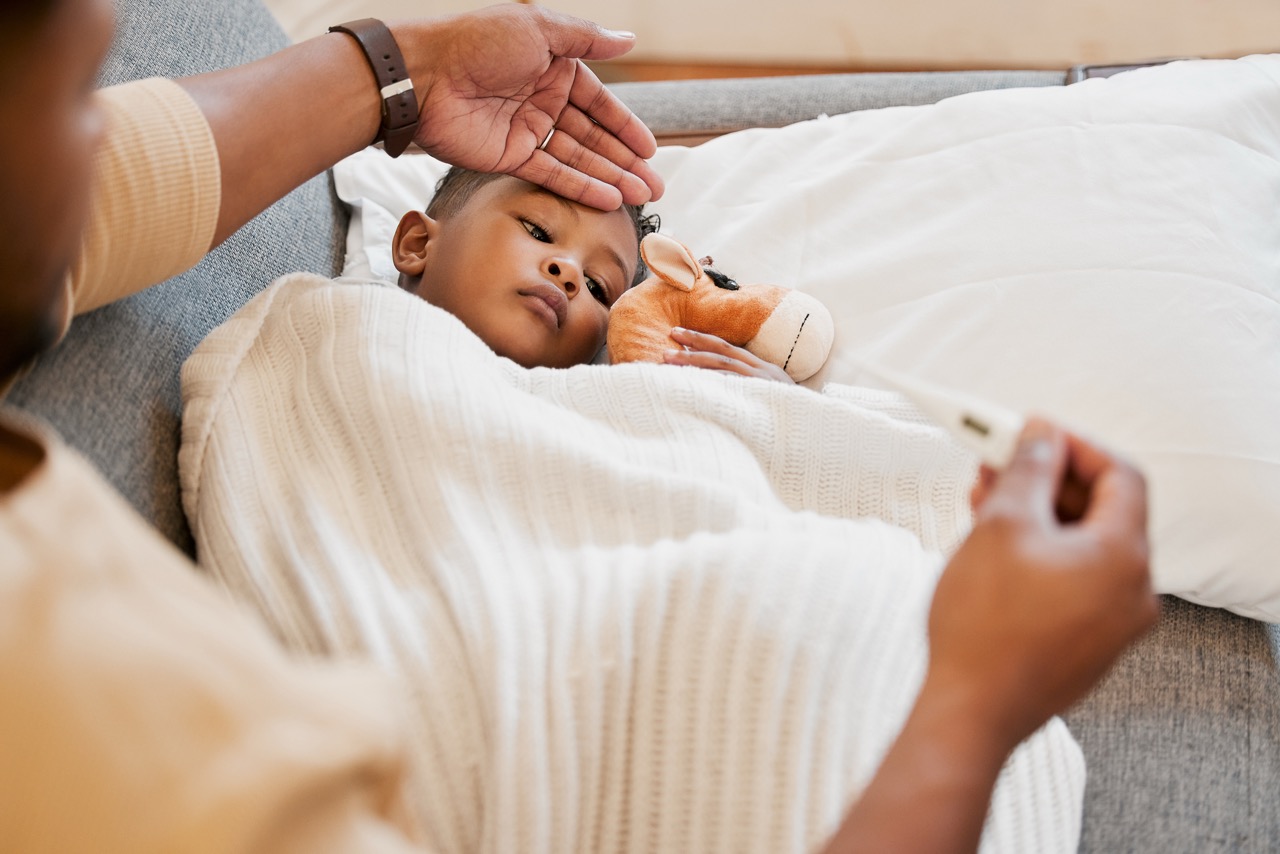Pediatrician Tips for Improving Your Child’s Sleep Habits – A Parent’s Guide
Every parent knows the struggle of bedtime battles and restless nights. Quality sleep affects everything from your child’s mood to their ability to learn and grow properly. Improving your child’s sleep habits becomes easier when you understand what children need at each developmental stage.
Sleep problems affect millions of children across the United States, with studies showing that six out of ten middle schoolers and seven out of ten high schoolers don’t get enough rest. The good news is that small changes in daily routines can make a big difference. Creating healthy sleep patterns helps children feel better, behave better, and perform better in school.
Professional pediatric guidance provides the foundation for lasting improvements in your family’s sleep quality and overall well-being.
How Much Sleep Should a Child Get by Age?
Children’s sleep needs change significantly as they grow and develop. Understanding these requirements helps parents set appropriate bedtimes and create realistic expectations for their child’s rest patterns.
Newborns typically need 14 to 17 hours of sleep per day, including frequent naps. Toddlers aged 1 to 2 years require 11 to 14 hours, while preschoolers aged 3 to 5 need 10 to 13 hours daily. School-age children from 6 to 12 years should get 9 to 12 hours each night. Teenagers need 8 to 10 hours of sleep to support their rapid growth and development.
Sleep requirements differ at each stage because children’s brains and bodies develop at different rates. Younger children spend more time in deep sleep phases that support physical growth. Older children and teens experience changes in their internal sleep clocks that naturally shift bedtime later. Understanding these patterns helps parents work with their child’s natural sleep rhythms rather than against them.
Why Pediatrician Sleep Tips Matter for Kids’ Health
Professional sleep guidance directly impacts children’s physical health, emotional development, and academic success. Quality rest supports immune system function, helps regulate growth hormones, and allows the brain to process and store information from the day. Children who get adequate sleep show better concentration, memory, and problem-solving skills.
Not getting enough sleep can lead to learning and behavior problems and increase the likelihood of injuries and health problems. Sleep-deprived children often struggle with mood regulation, showing increased irritability, anxiety, and difficulty managing emotions. They may also experience physical symptoms like headaches, frequent infections, and slower recovery from illness.
Chronic sleep problems in childhood can establish poor patterns that continue into adulthood. Early intervention with proper sleep habits creates lifelong benefits for health and well-being. Children with consistent, quality sleep tend to have better relationships with family and friends, perform better academically, and maintain healthier body weights throughout their development.
Pediatrician Tips for Improving Your Child’s Sleep Habits
Establishing healthy sleep routines requires consistency, patience, and evidence-based strategies that work with your child’s natural development. Small changes in daily habits can create significant improvements in sleep quality and family stress levels. Research shows that children thrive with predictable routines that signal when it’s time to wind down and prepare for rest.
Follow these expert-recommended tips to help your child develop better sleep patterns:
Stick to a Consistent Sleep Schedule for Children
Maintaining regular bedtimes and wake times helps regulate your child’s internal clock and makes falling asleep easier. Even on weekends, try to keep sleep times within 30 minutes of the regular schedule. Consistency helps the body produce melatonin at appropriate times and creates natural sleepiness at bedtime. Start by gradually shifting current bedtimes earlier by 15 minutes each night until you reach the target time.
Create a Calming Bedtime Routine
A predictable sequence of quiet activities signals to your child’s brain that sleep time is approaching. Effective routines typically last 30 to 60 minutes and include activities like warm baths, gentle stretching, reading stories, or listening to soft music. Keep the routine the same order each night so your child knows what to expect. Avoid exciting activities or emotional conversations during this wind-down period.
Limit Screen Time Before Bedtime
Blue light fools the brain into thinking it’s daytime and stops the body from releasing melatonin, a sleep hormone. As little as 90 minutes of screen time in the evening can elevate feelings of alertness and make falling asleep more difficult for kids. Remove televisions, tablets, and phones from bedrooms entirely. Limiting or eliminating screen time 1 hour before bedtime is imperative for all children.
Cut Back on Sugar and Caffeine in the Evenings
Foods and drinks containing sugar or caffeine can interfere with your child’s ability to fall asleep and stay asleep. Avoid chocolate, sodas, energy drinks, and sugary snacks after 3 PM. Even small amounts of caffeine can stay in a child’s system for 6 to 8 hours. Offer water, milk, or caffeine-free herbal teas instead. Light snacks like banana with nut butter or whole grain crackers can actually promote sleep.
Encourage Daily Exercise for Better Sleep in Kids
Physical activity helps children fall asleep faster and enjoy deeper rest throughout the night. Regular exercise reduces stress hormones and increases the body’s need for restorative sleep. However, avoid vigorous activity within 3 to 4 hours of bedtime as it can be too stimulating. Morning or afternoon exercise works best for improving nighttime sleep quality. Even 30 minutes of active play can make a significant difference.
Create a Sleep-Friendly Environment for Children
The bedroom should be cool, quiet, and dark to promote quality sleep. Keep room temperature between 65 and 70 degrees Fahrenheit for optimal comfort. Use blackout curtains or blinds to block outside light, and consider white noise machines to mask household sounds. Night lights should be dim and red-toned rather than bright white or blue. Remove clutter and create a peaceful space associated only with sleep and quiet activities.
Avoid Common Sleep Disruptors
Many well-meaning parents unknowingly create habits that interfere with their child’s sleep quality and duration. Recognizing these common mistakes helps families make adjustments that lead to better rest for everyone. Small changes in evening routines often produce surprisingly quick improvements in sleep patterns.
Common sleep disruptors include:
- Pets sleeping in the child’s bed – While comforting, pets can wake children with movement and noise
- Scary or stimulating content before bedtime – Action movies, intense video games, or frightening books can cause anxiety
- Inconsistent bedtime enforcement – Allowing later bedtimes on some nights confuses the body’s internal clock
- Using beds for activities other than sleep – Playing, doing homework, or watching screens in bed weakens sleep associations
- Large meals or drinks close to bedtime – Full stomachs and frequent bathroom trips disrupt sleep quality
- Overly warm rooms or heavy blankets – Heat interferes with the natural drop in body temperature needed for sleep
Relaxation Exercises to Help Children Sleep
Teaching children simple relaxation techniques gives them tools to calm their minds and bodies when they feel restless at bedtime. These skills become increasingly valuable as children face more complex stresses in school and social situations. Regular practice makes these techniques more effective over time.
Deep breathing exercises work well for most children. Teach them to breathe in slowly through their nose for four counts, hold for four counts, then breathe out through their mouth for six counts. Progressive muscle relaxation involves tensing and then relaxing different muscle groups starting with toes and working up to the head. Visualization techniques where children imagine peaceful scenes like floating on clouds or walking through gardens can also promote sleepiness and reduce bedtime anxiety.
When to Consult a Pediatrician About Sleep Problems
While many sleep challenges resolve with consistent routines and healthy habits, some situations require professional medical evaluation. Persistent sleep problems may indicate underlying health conditions that need treatment rather than just behavioral interventions. Early consultation can prevent minor issues from becoming major sleep disorders.
Consider consulting a pediatrician for these concerning signs:
- Sleep apnea symptoms – Loud snoring, gasping, or pauses in breathing during sleep
- Chronic insomnia – Difficulty falling asleep or staying asleep for more than two weeks despite good sleep habits
- Excessive daytime sleepiness – Falling asleep during normal activities or struggling to stay awake in school
- Night terrors or frequent nightmares – Intense fear or distress that disrupts sleep regularly
- Sleepwalking or sleep talking – Complex behaviors during sleep that could be dangerous
- Breathing difficulties – Chronic congestion, allergies, or respiratory issues affecting sleep quality
- Anxiety or depression – Emotional concerns that interfere with relaxation and rest
If sleep problems seem related to illness, breathing difficulties, or persistent congestion, urgent care evaluation may help identify and treat underlying conditions affecting your child’s rest.
Visit All Kidz Urgent Care for Pediatric Sleep Concerns
When sleep problems interfere with your child’s health and well-being, knowing where to turn for expert guidance makes all the difference. At All Kidz Urgent Care in Torrance, our board-certified pediatrician Dr. Sara Dhillon understands how sleep issues affect the whole family and provides compassionate, comprehensive care in a child-focused environment.
From respiratory conditions that disrupt sleep to anxiety and behavioral concerns, our team is ready to help identify and address the underlying causes of your child’s sleep difficulties. We provide thorough evaluations and practical solutions without the long waits of emergency rooms. Our pediatric providers focus on your child’s comfort while giving parents the guidance and support they need.
Don’t let sleep problems continue to affect your family’s quality of life. Visit us for evaluation and treatment when your child needs professional care.
Visit us at: 2927 Rolling Hills Road, Torrance, CA 90505
Call us: +1 310-292-0054
Email: contactus@allkidzurgentcare.com
Your child’s health and well-being always come first at All Kidz Urgent Care.




